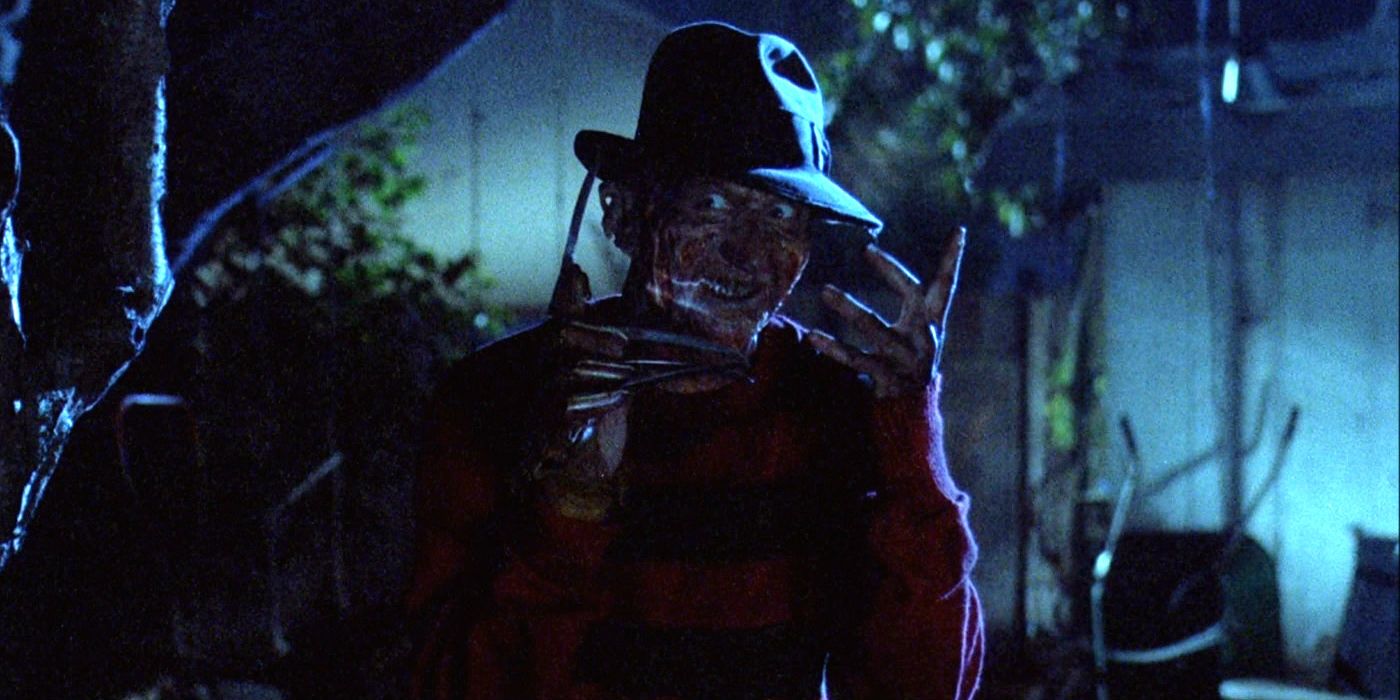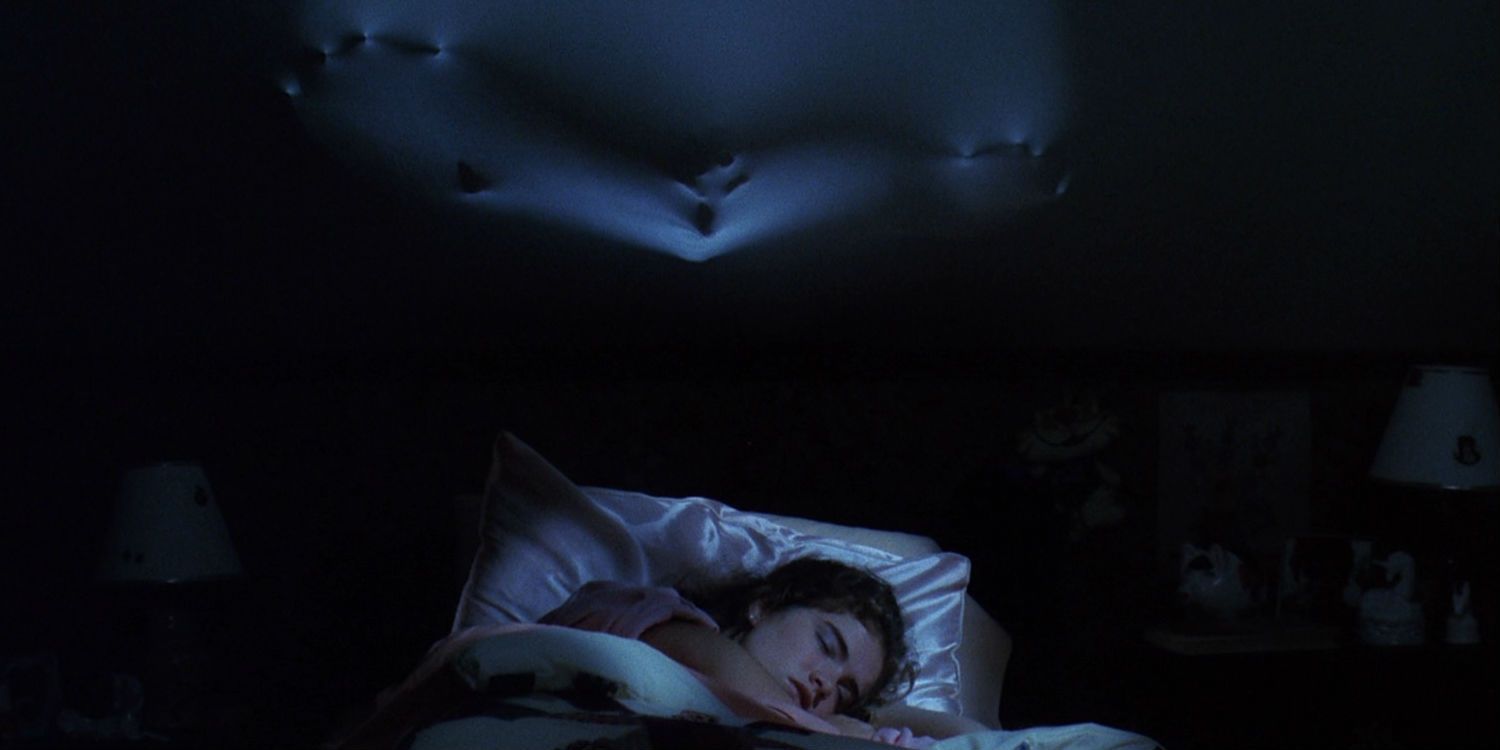While it's a horror classic now, Wes Craven's original A Nightmare on Elm Street was turned down by every major studio, for various reasons. Often in Hollywood, power players fail to anticipate what projects have the potential to become box office juggernauts. Multiple studios infamously passed on Star Wars, even Disney, which of course would eventually end up owning the franchise anyway, but surely regret all the money they missed out on making in the decades between those events.
Sure, the A Nightmare on Elm Street franchise is no Star Wars when it comes to box office, but it was no slouch either, dominating the majority of the 1980s. Even the 2010 remake, which most regard as awful, raked in over $100 million, proving the staying power of Freddy Krueger, even when not played by Robert Englund. There's a reason New Line Cinema was known for decades as "The House That Freddy Built," as the success of A Nightmare on Elm Street and its sequels enabled the fledgling company to expand further and further.
Of course, hindsight is always 20/20. It's easy to look back now and say that the big Hollywood studios made a stupid mistake by passing on Freddy. Whether that's fair or not, they certainly had their reasons for rejecting Craven's script at the time.
Every Major Studio Rejected A Nightmare on Elm Street: Here's Why
While A Nightmare on Elm Street was released to theaters in 1984, Wes Craven actually finished writing the script in 1981, at which point he started pitching it to movie studios. Craven says he presented the script to every major studio, but all of them said no. Three studios in particular include Disney, Paramount, and Universal. In Disney's case, they actually wanted Craven to tone down the script to make it suitable for younger viewers and it's kind of crazy to imagine a PG-13 A Nightmare on Elm Street. Craven of course said no to that idea, and so Disney passed.
In Paramount's case, the studio was already prepping a film called Dreamscape, which also ended up releasing in 1984. Dreamscape starred Dennis Quaid as a psychic who uses his abilities to enter people's dreams and help them conquer their fears. Paramount didn't see the need for two movies about nightmares, so they passed on A Nightmare on Elm Street. Finally, Universal wasn't impressed by the script enough to fund the film, but offered to consider acquiring it if Craven managed to get it made independently. Craven, who was experiencing major financial turmoil at the time, was bemused enough by this to frame Universal's rejection letter and keep it in his home. Thankfully, New Line Cinema eventually stepped up, and Freddy Krueger was born.


